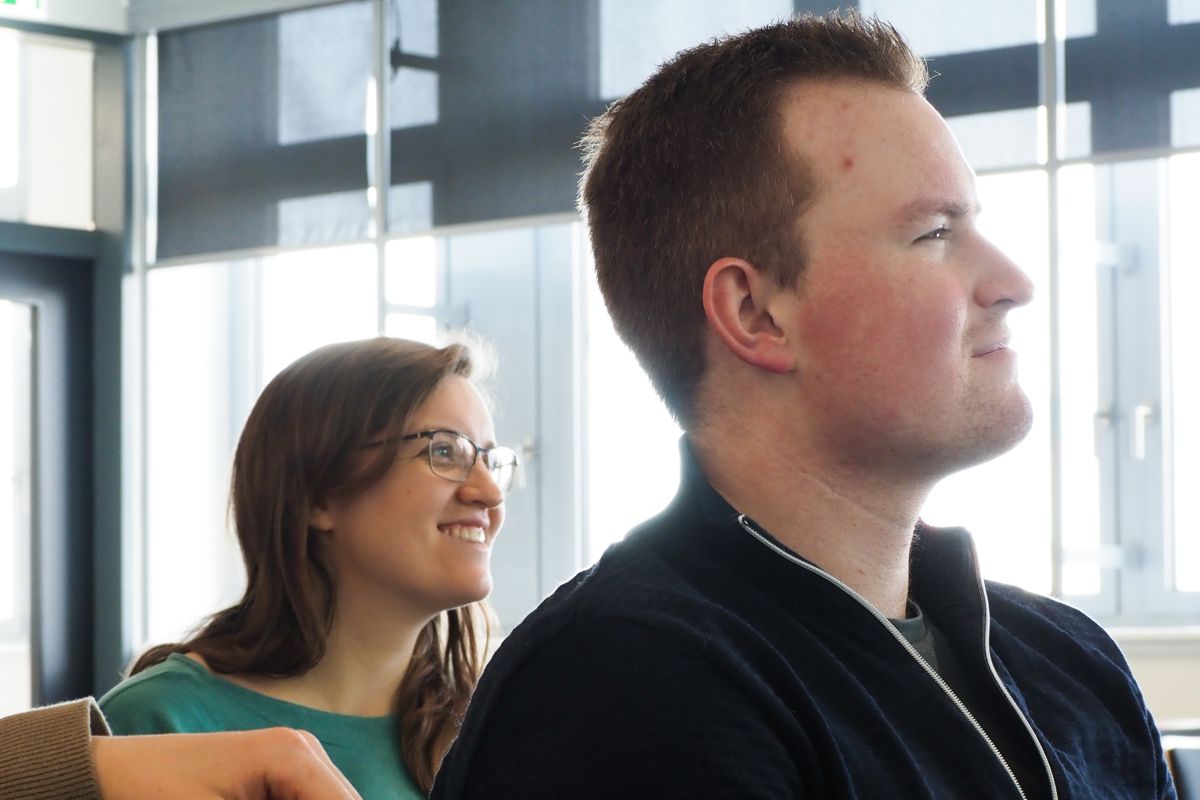Strandspaziergang in Heidkate
Professors
External Lecturers
Office Assistance
System Administration
Internal PhD Students
External PhD Students
Students
Alumni
Company Founders
DSS Cups
Research Topics
Real-time Framework
Publications
Lectures
Labs
Seminars
Student Projects
Theses
Evaluations
Exam and Lab Booking
RED
Talks
Conferences and Workshops
Science Outreach
Science Slam
Ger. Acad. Scholarship Foundation
Prof. Dr.-Ing. Gerhard Schmidt
E-Mail: gus@tf.uni-kiel.de
Christian-Albrechts-Universität zu Kiel
Faculty of Engineering
Institute for Electrical Engineering and Information Engineering
Digital Signal Processing and System Theory
Kaiserstr. 2
24143 Kiel, Germany
How to find us Imprint
 Visit of the Hans Böckler Foundation
Visit of the Hans Böckler Foundation
The Hans Böckler Foundation offers students not only financial support, but also a wide range of seminars. We had the pleasure of taking part in an exciting seminar on the topic of ‘Data channels in the seabed - insights into the underwater infrastructure of the future’. We spent one day at the Faculty of Engineering at Kiel University. We were given presentations on various topics. Such as the geology of the seabed and the submarine cable incident between Finland and Estonia.
We were particularly impressed by the opportunity to take a look behind the scenes and experience the work of the students and researchers up close. We were allowed to visit the clean room and the special ‘paddling pool’ where experiments are tested directly in water. We were deeply impressed by the university and its diverse research opportunities. Thank you very much for your hospitality and the exciting insights!
Text and photo by Luise Artmann